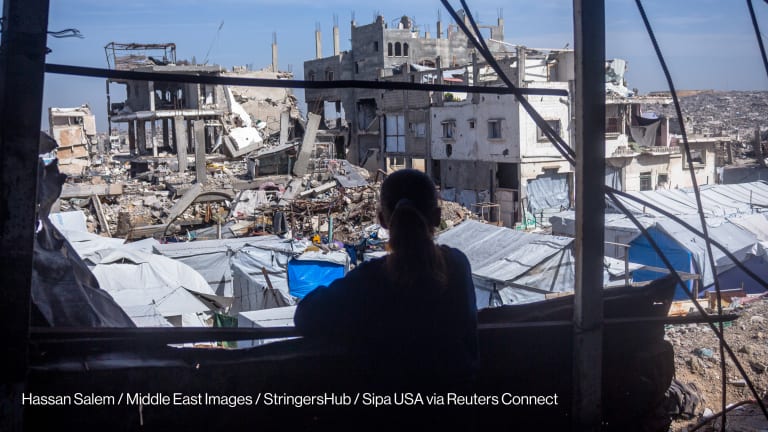For three days, Dr. Nour Al-Din Khaled Alamassi, the head of Project Hope’s medical team in Rafah, waited. After an Israeli airstrike killed seven aid workers from World Central Kitchen early last week, Gaza was reeling — and across the territory, the fate of humanitarian aid seemed to be on pause.
World Central Kitchen, a relief organization that had provided more than 43 million meals to the Gaza Strip since October, halted its operations. American Near East Refugee Aid, or Anera, another international organization, did the same. And Project Hope — which has provided medical care for thousands of Gazans since October — needed to regroup.
“It is commonly understood that relief workers enjoy immunity during wars,” Alamassi told Devex, one day before Project Hope resumed its operations in Rafah and Deir al-Balah. “This event made us realize that there is no immunity.”
Search for articles
Most Read
- 1
- 2
- 3
- 4
- 5








